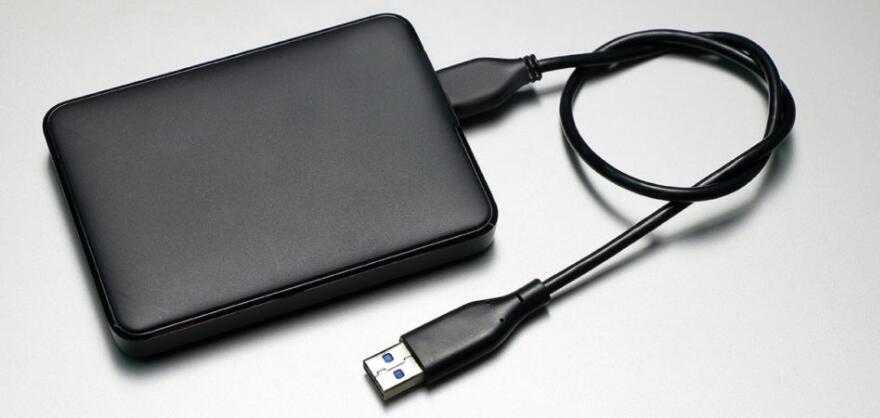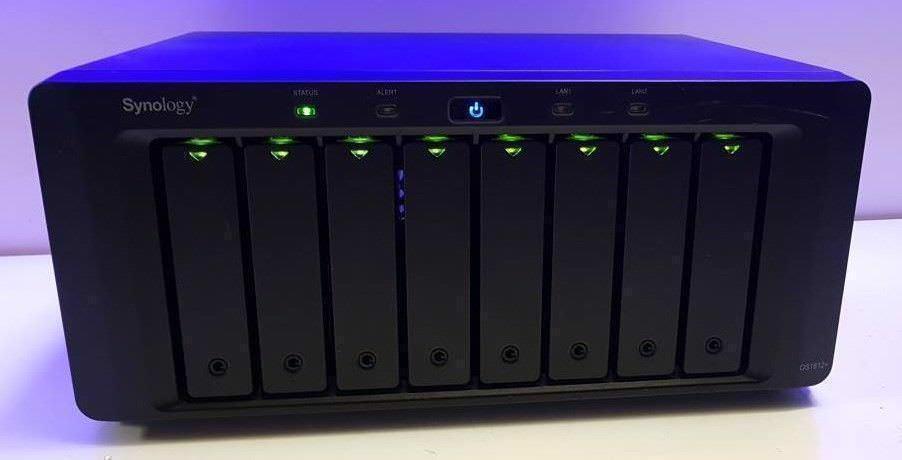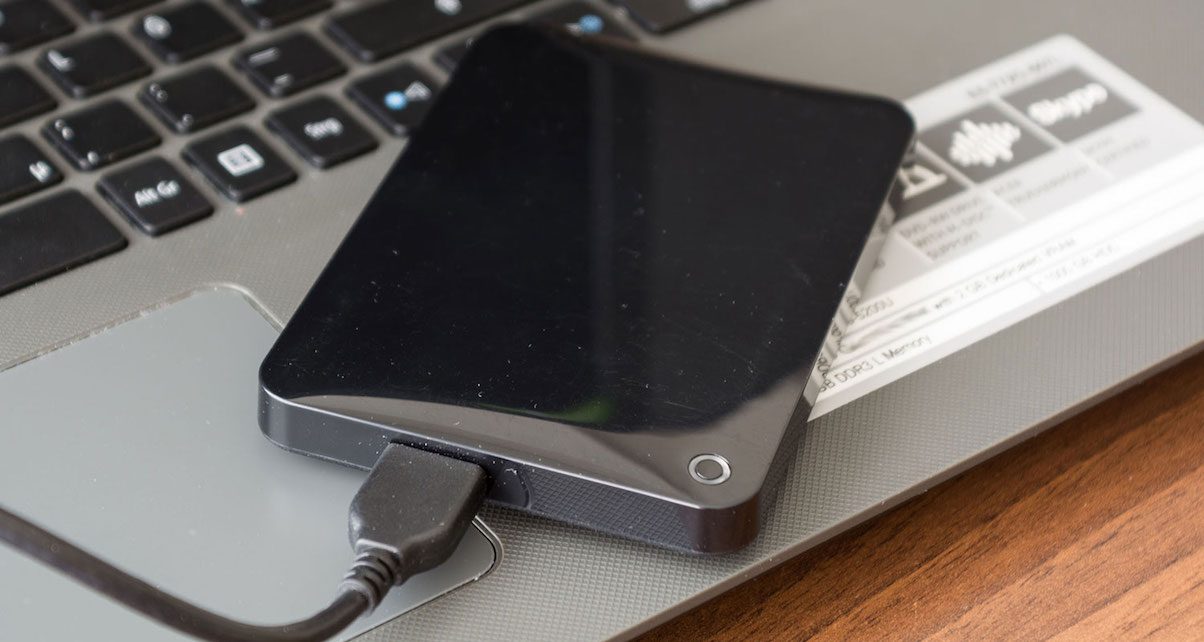But what’s best for you, though? You have a computer that is running low on storage space and you’re considering purchasing an external hard drive or shelling out cash for some of the best NAS for home use. You are stuck. You’ve heard about external hard drives and NAS device but you aren’t exactly sure which one fits perfectly in line with your storage needs. Also, you don’t want to make bad investment(s) — no one does. At the end of this piece, you should have information that will help you make the best decision.
NAS vs. External Drive
Number of computers If you own just a single computer, you are better off with an external hard drive. However, if you own two or more computers, you should get a network-assisted storage. This is because a NAS will connect to your (home or office) network and all computers connected to your routers will have simultaneous access to data on the device. This can’t be said for external hard drives though — which access to files is limited to the number of connection ports on the hard drive or on your computer. Convenience This is somewhat a relative to the first point above. Using an external hard drive on another computer will require you to shuffle the drive(s) from computer-to-computer to access files. A network-assisted storage on the other hand only requires you to connect to your network to have access files. In addition, NAS also frees up ports on your computer. Size and Mobility Generally, external hard drives are small, compact and built to be easily conveyed around — in your backpack or maybe your pocket. Also, they do not necessarily require internet connectivity or power supply to function. NAS, on that other hand, usually come in the form of boxes meant to be placed in a permanent position, plugged into a power source and router. You should know that there are also big-sized high-capacity external hard drives that require a power source (from a wall socket) in addition to being plugged in to a computers USB port. For easy access to your files, you should purchase an external hard drive if you are mostly on the move, or have no/poor internet and power supply. Expandability External hard drives are mostly always come with fixed storage capacities that cannot be expanded. Should you need more storage in the future, you’d have to purchase a new hard drive. NAS comes in different models based on what is called “Bays”. Bays are extra space that allow users attach extra hard drives to the network in the case of storage space shortage. NAS can have as many as two, three, four, and up to 8 bays. To add, some NAS devices come with one or more USB ports which even allows you plug-in an external hard drive. You can even plug-in and configure a printer to the port and it will show up on the network. Flexibility While external hard drives can hold you files, media, and other documents just as well as a network-assisted storage will, NAS is more flexible and does a whole lot more. In fact, NAS is sometimes referred to as a hard drive with a brain. NAS are more or less a computer. They come with fully functional operating system, RAM (which is also expandable) as well as support for first and third-party applications that extend the functionality of your NAS device(s) beyond storage. Some manufacturers offer Backup and recovery services, email and communication, surveillance, as well as some office apps like Spreadsheet, Documents, and Slides with their NAS devices. Accessibility As you already know by now, you’d need to be in physical contact with an external hard drive to have access to files, media or other documents on it. It must be plugged in to a compatible port on your computer. With NAS, you can remotely access files on the device from anywhere in the world, as long as you have an account setup. This Cloud service is a feature you’d find on majority of NAS devices. Interestingly, you can also grant third-party individuals access to files on your network. They do not need to have any software, just a device with internet connection.
NAS vs External Hard drive: Verdict
An external hard drive — considering the features, price, and ease of use — would be the ideal option to pick from the duo if all you have —and need extra storage for— is a single computer. It also comes in handy when all you need additional storage for is to carry large sets of data all the time. Also See: See How to Buy an External USB Hard Drive A NAS device, on the other hand, is more expensive (to purchase and maintain) and is best for a setup of multiple users/computers who need extra storage and to share files among each other. NAS is ideal for small businesses and homes with multiple computers and maybe a surveillance system, gaming system, and a huge collection of media that would be streamed across multiple devices.







